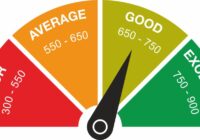CIBIL Scores
User Intent Users searching for CIBIL score-related information often want to: Understand what a CIBIL score is. Learn how it affects loans and credit card approvals. Know how to improve their CIBIL score. Compare CIBIL with other credit rating systems. Identify the benefits and limitations of having a high or low score.… Read More »









